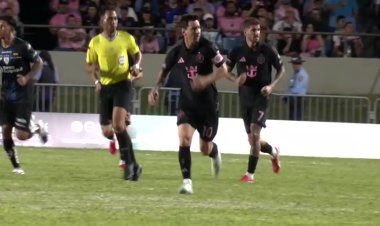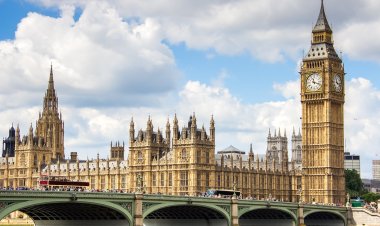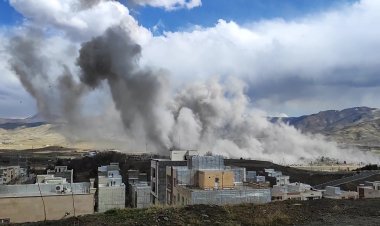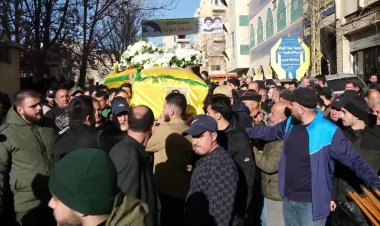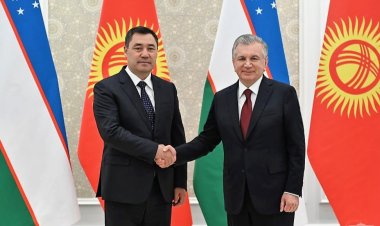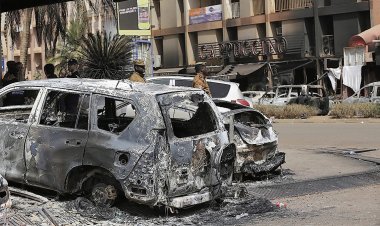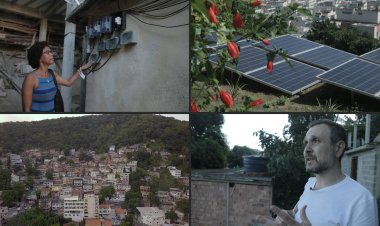Brazil’s local elections show conservative shift
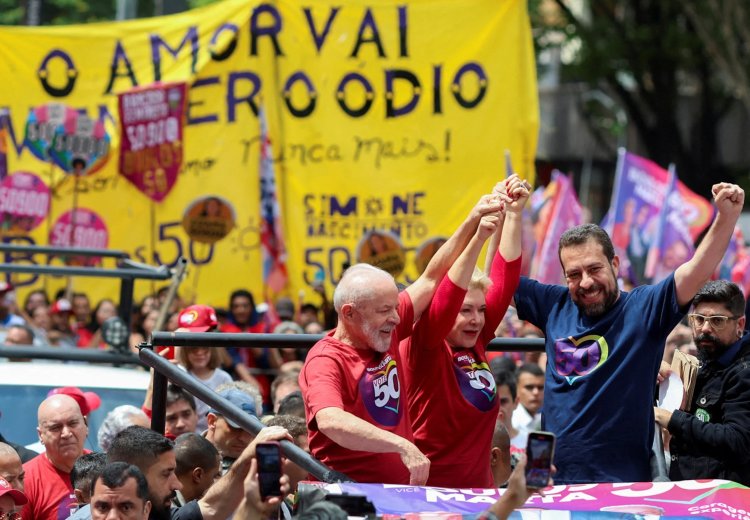
Brazil held municipal elections for mayors and city councilors in over 5,500 cities, with results indicating a conservative shift in the country's political landscape. The elections are seen as a crucial indicator for the 2026 presidential race.
In São Paulo, Brazil's largest city, the mayoral race was particularly tight, with three candidates running neck and neck. Incumbent center-right Mayor Ricardo Nunes and far-right digital influencer Pablo Marçal were tied for second place at 26% each, while leftist Guilherme Boulos led the race. This unprecedented split in the conservative vote has set the stage for a runoff on October 27 between Nunes and Boulos.
Across the country, centrist and center-right parties consolidated their control of city halls and town councils. The "Centrao," a cluster of center and center-right parties associated with dealmaking politicians, won the most mayoral seats. Candidates linked to former President Jair Bolsonaro performed better than those backed by current leftist President Luiz Inacio Lula da Silva, whose popularity has been slipping in his third non-consecutive term.
Bolsonaro's Liberal Party won in two state capitals and advanced to runoff elections in nine cities. However, incumbent mayors won in half of the state capitals, helping to entrench more conservative parties.
The elections also highlighted the emergence of regional leaders who gained political capital, including Para Governor Helder Barbalho, House Speaker Arthur Lira, ACM Neto in Bahia state, and São Paulo Governor Tarcisio de Freitas.
President Lula, who cast his vote in São Paulo, noted a surge in candidates focused on provocation and spreading fake news. This observation aligns with the strong performance of anti-establishment candidates like Marçal in São Paulo, indicating that such sentiment remains potent among Brazilian voters.





